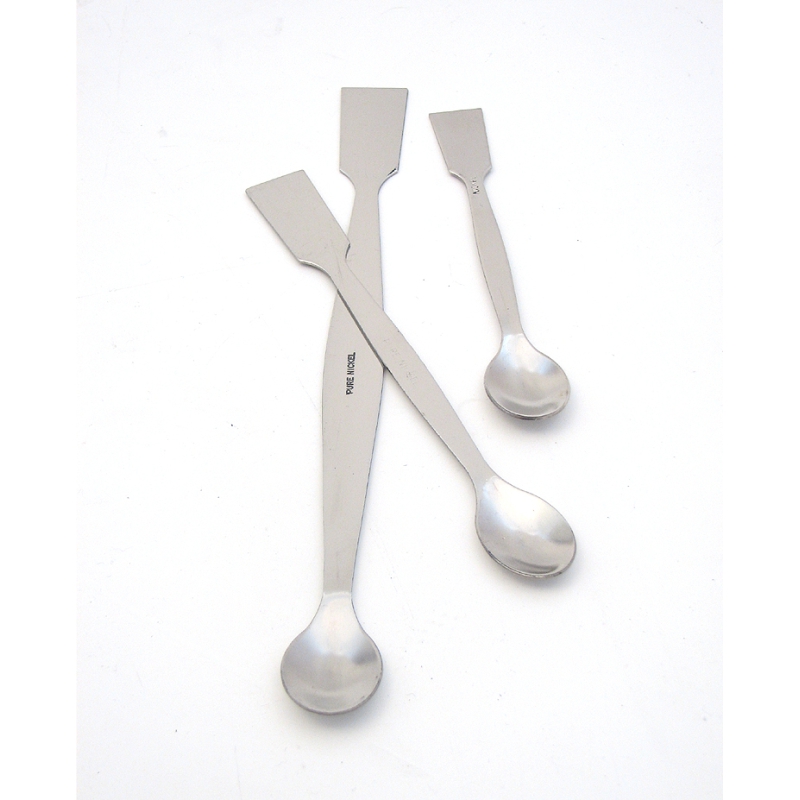Information
In its pure or alloyed form, Nickel possesses unique properties that are highly beneficial in a wide range of industries, particularly in chemical processing and electronics. It demonstrates exceptional resistance to various reducing chemicals and unparalleled resilience to caustic alkalis. Pure nickel, in comparison to its alloys, exhibits superior electrical and thermal conductivity, making it a valuable material in these industries.
Nickel 200: Nickel 200, a commercially pure (99.6%) wrought nickel, showcases good mechanical properties and resistance to various corrosive environments. It offers high thermal and electrical conductivities, low gas content, and low vapour pressure. Its corrosion resistance makes it invaluable for maintaining product purity in food handling, synthetic fibres, and caustic alkali applications and in structural projects where corrosion resistance is paramount.
High-Temperature Properties: Nickel 200 operates optimally at temperatures below 315°C. However, at higher temperatures, it may experience graphitisation, leading to compromised properties. For temperatures exceeding 315°C, Nickel 201 is the preferred option.
Corrosion Resistance:
- Water: Nickel 200 exhibits excellent corrosion resistance in distilled and natural waters, even when containing hydrogen sulphide or carbon dioxide, and performs exceptionally well in seawater.
- Acids: It demonstrates resistance to various acids, including sulphuric, hydrochloric, hydrofluoric, phosphoric, and nitric acids, under specific conditions of concentration and temperature.
Alkalies: Nickel 200’s remarkable corrosion resistance extends to caustic soda and other alkalis, forming a protective nickel oxide film that reduces corrosion rates over time.
- Salts, Fluorine, and Chlorine: Nickel 200 is resistant to chloride salts and non-oxidising halides. While it reacts with strong oxidisers like fluorine and chlorine, Nickel 200 can withstand such environments under certain conditions, forming protective films to mitigate corrosion.
Ordering Information
| Model | Description | Packed Weight |
| 2214 | Laboratory Chattaway Spatula, nickel 200 spec (minimum 99.6% nickel content), bright finish.
Dimensions – guide
Supplied in standard packs of 5. |
0.018kg |
| 2215 | Laboratory Chattaway Spatula, nickel 200 spec (minimum 99.6% nickel content), bright finish.
Dimensions – guide
Supplied in standard packs of 5. |
0.021kg |

